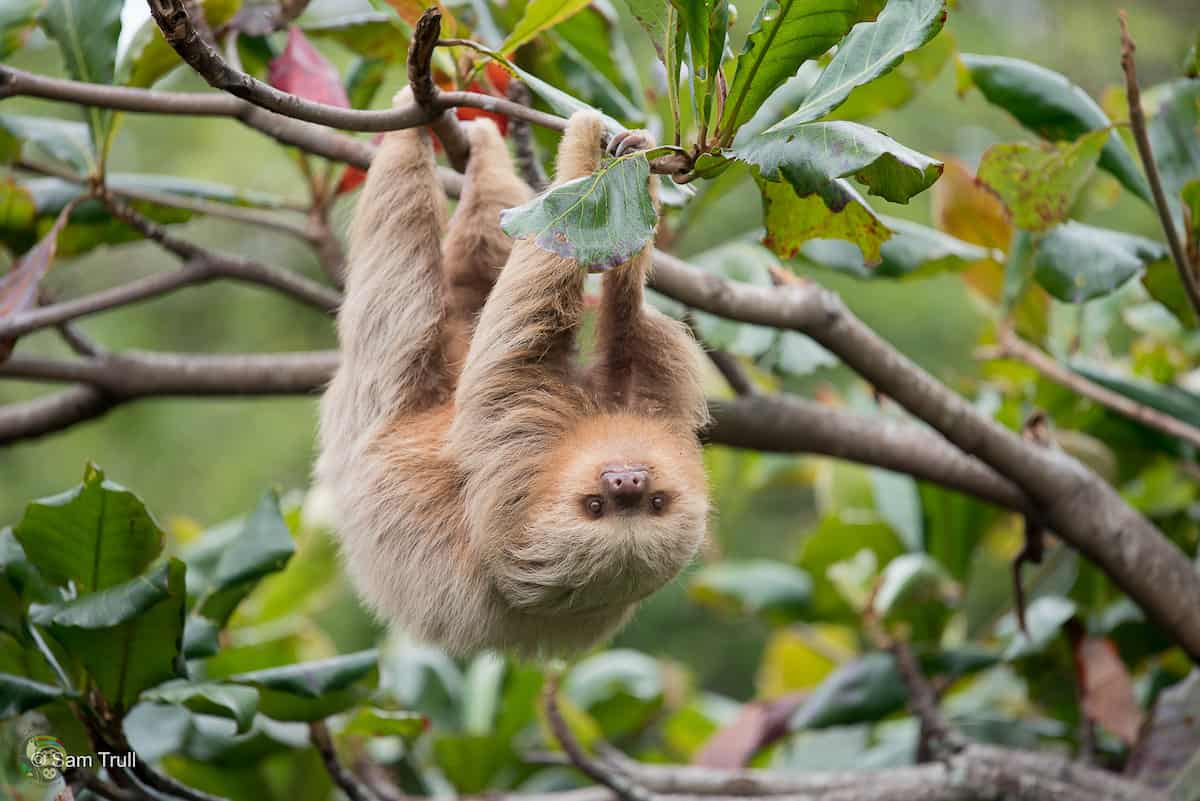The lack of public awareness regarding the specific needs of sloths and how to protect them, as well as uncontrolled and unplanned urban expansion that destroys their natural habitat, are some of the main challenges to protecting this species in the country.
This was revealed by The Sloth Conservation Foundation (SloCo), a non-profit organization that works for the protection of sloths in Costa Rica. Cecilia Pamich, SloCo’s Director of Growth and Communication, commented that specific actions are still required to protect this species.
For example, she mentioned that some of the actions SloCo has developed include leading educational and awareness efforts at national and international levels to reduce illegal trafficking of sloths.
They are also working on community training to mitigate human impact. In addition, they have fostered collaboration with local and national authorities, such as ICE and SINAC, to improve wildlife conservation policies. SloCo has conducted a census of sloths to determine the population in the area of Puerto Viejo, Limón.
“Since its creation, the foundation has worked intensively on scientific research to better understand the needs of sloths, implementing community reforestation programs, installing tree bridges for sloths, and other habitat conservation initiatives,” added Pamich.
To make all these projects a reality, the foundation has fundraising initiatives such as buttons through which people can “adopt” a sloth. This program allows people to select one of the animals that the foundation has identified in the area, and, without the animal being removed from its natural habitat, those interested can make donations that go directly to the care of that sloth “adopted” by the donors.
Representatives of The Sloth Conservation Foundation (SloCo) are calling on Costa Ricans to help protect sloths by reporting sightings of these animals to local organizations, being respectful of wildlife in general when visiting national parks, reserves, or beaches, promoting education to foreign visitors, and avoiding the exploitation of animals for tourism purposes.
To date, SloCo has installed 286 sloth crossings and 12 isolated electrical transformers. It has also given talks to more than 7,000 students at its sloth school and has planted more than 8,000 trees in the area.






